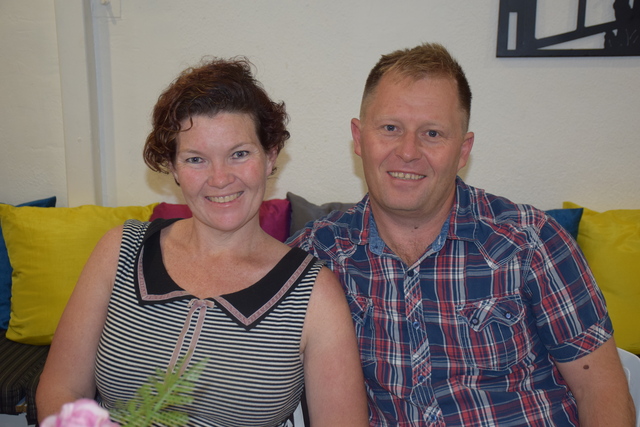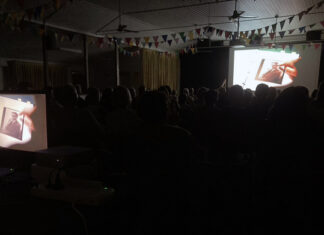Addressing the importance of breaking the stigma

Digital Edition
Subscribe
Get an all ACCESS PASS to the News and your Digital Edition with an online subscription
Dalveen Film Society returns
More than a hundred years ago, the little hall at Dalveen played host to the just-invented movies– and thanks to the resilient little Dalveen...








